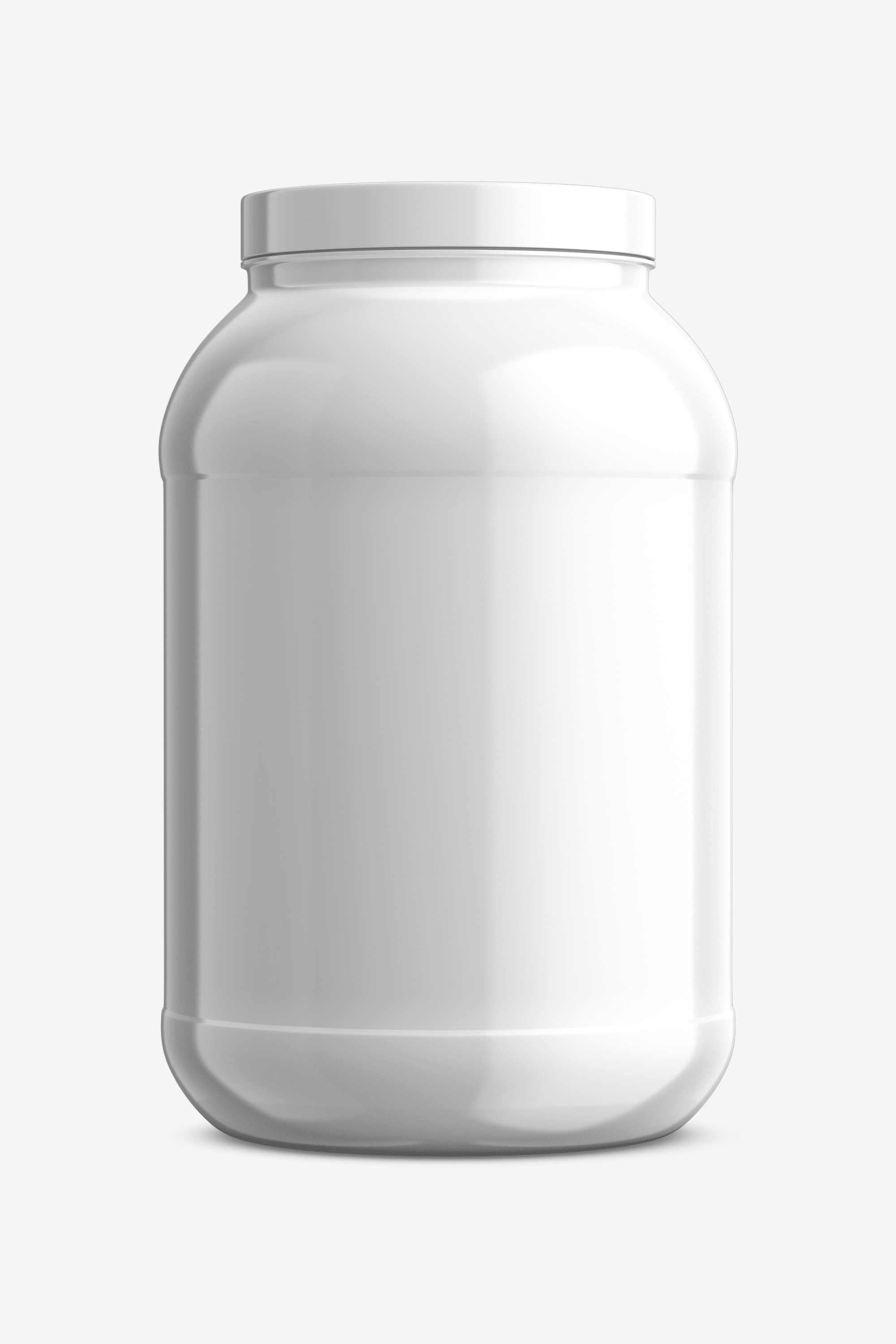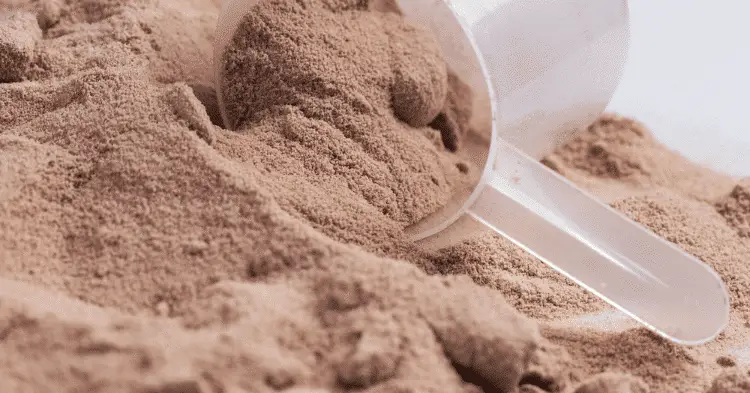Does Whey Protein Expire?
If you are a health enthusiast, you might wonder does whey protein expire? or is it safe to use expired whey protein based on the date mentioned on its label.
Protein powders are incredibly popular health supplements among fitness lovers. Still, based upon how long you can keep the protein powder in the kitchen cabinet, you may wonder if it is safe or not.
There are a few things you must know about the best protein powders before you head out to make a purchase and stock up the pantry with different tubs of all flavors.
This article discusses does whey protein expire? And is it safe to use after the expiration date?
Basics of a protein powder

Protein powder provides a relatively inexpensive and convenient way to boost your protein consumption. Though more attention is concentrated on the beneficial effects of protein on muscle gain, research is ongoing to unravel additional benefits of higher protein consumption, including blood sugar stabilization, fat loss, bone health, and blood pressure control.
Protein powder comes from numerous sources, including:
- egg whites
- rice
- collagen
- pea
- soy
- milk- in the form of casein or whey.
Products generally consist of one source of protein but might also deliver protein from numerous sources to decrease cost or modify the absorption rate. For instance, a few protein powders might have fast-digesting whey protein and slow-digesting casein protein.
Protein powders also comprise different additional nutrients, such as vitamins, carbs, fats, and minerals. Plus, they typically contain additives, such as natural and artificial tastes, flavor enhancers and protectors, and thickening materials to provide a creamier texture and mouthfeel.
Shelf life of protein powder
Shelf life indicates typically how long the food retains optimal quality to be consumed after production. Supplement manufacturers do not have to mention an expiration date on the products.
However, numerous companies willingly give a “best by” or expiration stamp along with the date of manufacture. In such cases, it is up to the provider to sustain the expiration date of their goods with data to show it is not disingenuous.
Using a revved shelf-life test, investigators in one study discovered that whey protein powder possesses a shelf life of over 12 months — even up to almost 19 months when kept in normal storage conditions, described as 35% humidity and 70°F (21°C).
An accelerated shelf-life test is a technique of calculating and estimating the Stability of the product by preserving it in stressful conditions, like humidity and high temperature.
In one more study, researchers determined that whey protein possesses a shelf life of nearly nine months when kept at 95°F or 35°C but at least has a shelf-life of 18 months when kept at room temperature with 45–65% humidity.
Whether the given shelf life of whey protein applies to other ingredients of protein stays unknown, but it is probably similar if they are reserved under similar conditions.
In both cases, most protein powders present in the market comprise additives that improve shelf-life, such as salt, lecithin, and maltodextrin, qualifying for a shelf life of almost two years.
Now that you know does whey protein expire or not, let’s see if you will get sick after consuming expired whey protein or not.
Does whey protein expire?
Does whey protein expire? The quick answer is YES. Whey protein, by description, is a dairy derivative and all dairy derivatives have a shelf-life mentioned above. The factors that determine the expiration date of whey protein are many. Below given are some to understand:
- Kind of whey (concentrate, isolate, hydrolysate, or native)
- Processing Techniques
- Moisture content
- Packaging Seals (rigid tub, Air-tight pouch, polyurethane-kraft bag, or foil)
- Purity (shelf-life and Stability of added ingredients)
- Disclosure to Element
- Natural or Artificial Ingredients
If you review a package of various protein powders (dairy -whey, casein, milk powder), you will see the date of expiration or any “best by” date. Of course, using the protein as per this date is a safe bet.
Examinations have indicated that the shelf life of protein powders varies from 9 to 19 months. Some items include additives that prolong their shelf lives exceeding this range. In many cases, manufacturers place a product’s expiration date as two years from the date of manufacturing.
Many whey protein powder producers mostly contain additives as certain preservatives to prolong the shelf-life. They might also blend ingredients to make the products appealing to the consumers. For instance, ready-to-mix drinks deliver “convenience” to consumers. Also, consumers might find sweetened protein powders highly edible.
For all the seeming “attraction,” however, consumers must practice caution with every product. The more complicated the ingredients, the less durable the supplement tends to become, and the less they last.
Hence, when buying a protein powder, it is wise to analyze the ingredient list. A low list of ingredients may often mean the highest quality of the product.
It is simple; single-ingredient powders have not been altered or “dressed up.” Their producers understand that wise buyers desire heightened-quality protein powder content first. The flavor is also a concern, but it is secondary. It is likewise something that many customers prefer to control themselves. One-ingredient protein powders present this quality and control.
Single-ingredient powders are also extra stable and maintain a longer shelf-life. Customers can buy them with faith that they will endure at least as long as the given expiration date and, in most cases, if properly stored, will last well beyond their mentioned expiration.
A Word About Color- Does Whey Protein Expire?

Consumers who buy multiple commercially known protein powders have come to anticipate a pure white powder. When such products seem yellowed or browned, they probably have gone wrong.
The same thing might not apply when it arrives at higher-quality protein powders having one ingredient only. The white color given to commercial protein powders isn’t natural. Instead, producers get this color by bleaching the powder products. Bleaching processes add additional chemicals. Such added chemical detergents include benzoyl peroxide and hydrogen peroxide.
Naturally, whey protein may have a somewhat yellowish color. Consumers might even see slight variations in color from one batch to another.
Understanding what to look for in and on the product’s packaging can help you pick the most stable and highest quality protein powder. Knowing all signs that reveal the right time to throw away the expired product will also help keep you safe from unwanted food sickness.
Can expired whey protein powder make you sick?

With only infant formulas, use-by-dates and expiration dates are generally indicators of quality, not safety. Protein powders are food with low moisture content, which indicates they are less prone to the growth of bacterias within them.
While eating protein powder soon after its expiration is probably safe if the power has been appropriately preserved, protein powders may lose the protein content as they age. Eating after the expiration date may not grant as many benefits as it should.
One study illustrated that the amino acid lysine inside the whey protein reduced from 5.5% to 4.2% in about 12 months when kept at 70°F or 21°C with nearly 45–65% humidity.
Nevertheless, the protein powder utilized in this study did not have any of the other additives that multiple products present in the market contain to prolong their shelf life. It is also likely that the protein powder will be poor before the mentioned expiration date, mainly if it is not kept under dry and cool storage conditions.
For instance, one analysis revealed that when researchers kept whey protein at 113°F or 45°C for about 15 weeks, there was a substantial increase in the oxidation rate, which led to the production of different compounds that induce disfavored changes in taste.
Oxidation refers to the reaction of oxygen with fats—oxidation increases with time and deteriorates the quality of whey protein powder. High temperatures are facilitative to oxidation, with analysis indicating that oxidation boosts by 10-fold for each 50°F or ten °C growth.
Indications that protein powder has gone poor include a rancid smell, changes in color, bitter taste, or clumping. Furthermore, consuming spoiled foods, ingesting protein powder with either one or more of the given signs — regardless of the date of expiration— can cause sickness.
If you detect any signs that the protein powder has become bad, it is best to throw it out of the kitchen.
The Bottom Line- Does Whey Protein Expire?
Protein powders are famous supplements that arise from a mixture of plant- and animal-based sources.
Though the study indicates that whey protein owns a shelf life of about 9 to 19 months, numerous protein powder providers mention an expiration date of 2 years after producing them, probably made possible due to other additives that prolong shelf life.
Ingesting protein shortly after the date of expiration is likely healthy if there are no indications that it has become inadequate to consume, comprising a rancid smell, changes in color, bitter taste, or clumping. If these symptoms are present, it is most suitable to throw your tub and get a new one.
Casein vs. whey? Find out which is the best milk-derived protein powder among these.

